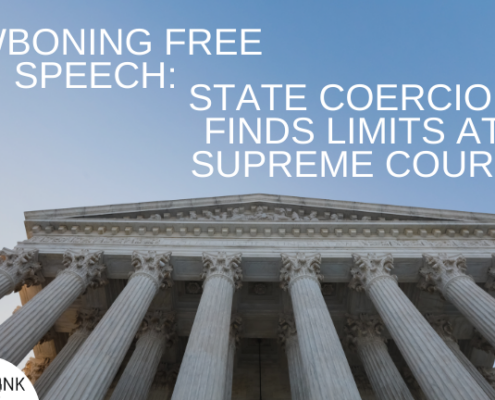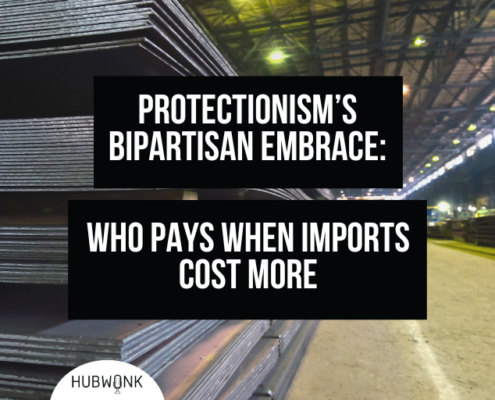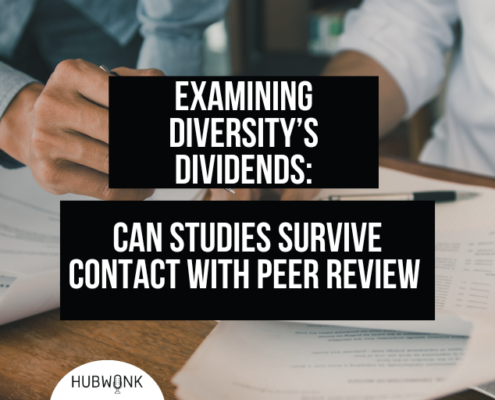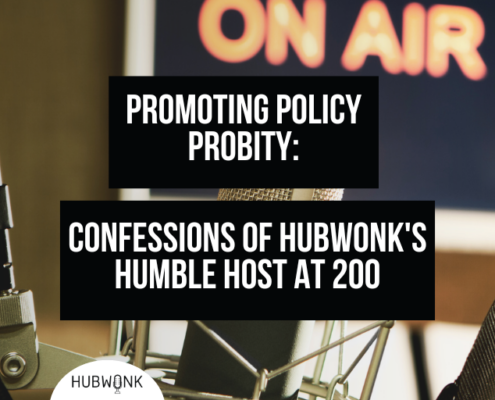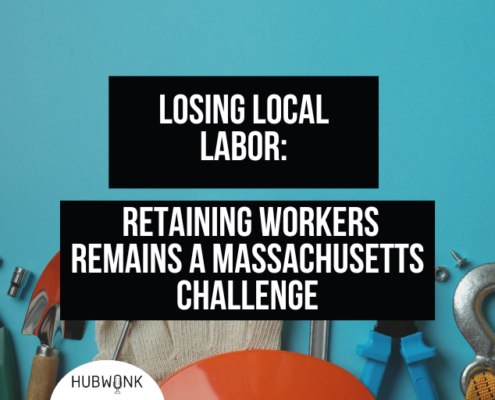Traffic Strikes Back: New Transportation Strategies for Post-Pandemic Prosperity
Host Joe Selvaggi talks with Chris Dempsey, Director of Transportation for Massachusetts, about road and mass transit innovations that could address traffic challenges in a high-growth, post-pandemic economy.
Guest:
 Chris Dempsey is Director of Transportation for Massachusetts. He was formerly Assistant Secretary of Transportation for the Commonwealth of Massachusetts. In that role, he co-founded the MBTA’s open-data program, which was named Innovation of the Year by WTS-Massachusetts in 2010. Chris has also worked as a consultant at Bain & Co., on a number of local and statewide political campaigns including that of Congressman Joe Kennedy III, and at a transportation technology startup that provides mobile ticketing for transit systems in New York, Boston, and Los Angeles. Chris is a graduate of Pomona College (B.A., 2005) and Harvard Business School (M.B.A, 2012). Chris has taught transportation policy at the graduate level at Northeastern University. In 2015, Chris was named Bostonian of the Year by the Boston Globe Magazine for his volunteer work leading No Boston Olympics.
Chris Dempsey is Director of Transportation for Massachusetts. He was formerly Assistant Secretary of Transportation for the Commonwealth of Massachusetts. In that role, he co-founded the MBTA’s open-data program, which was named Innovation of the Year by WTS-Massachusetts in 2010. Chris has also worked as a consultant at Bain & Co., on a number of local and statewide political campaigns including that of Congressman Joe Kennedy III, and at a transportation technology startup that provides mobile ticketing for transit systems in New York, Boston, and Los Angeles. Chris is a graduate of Pomona College (B.A., 2005) and Harvard Business School (M.B.A, 2012). Chris has taught transportation policy at the graduate level at Northeastern University. In 2015, Chris was named Bostonian of the Year by the Boston Globe Magazine for his volunteer work leading No Boston Olympics.
Get new episodes of Hubwonk in your inbox!
Related Posts





